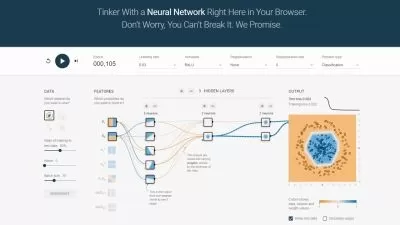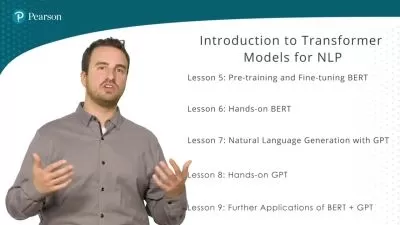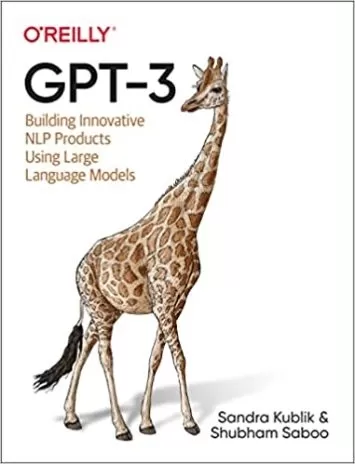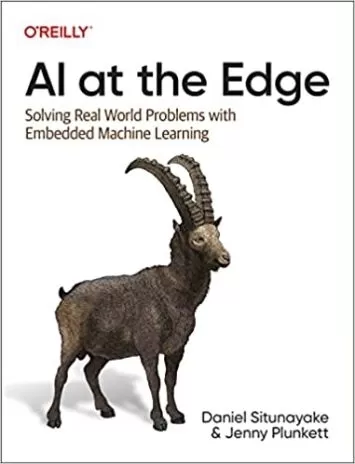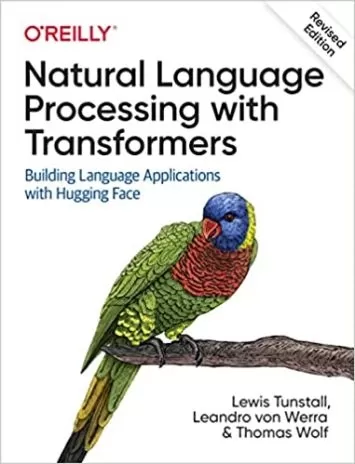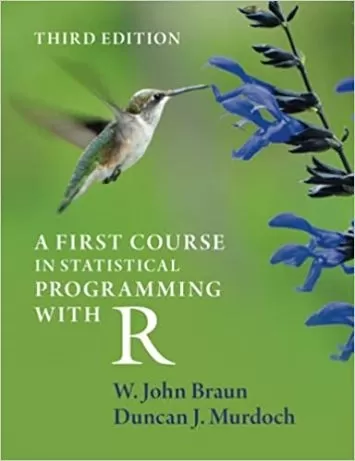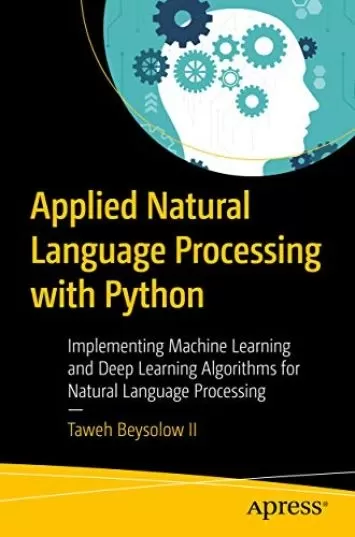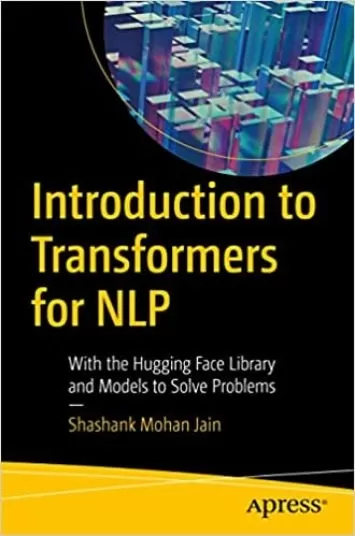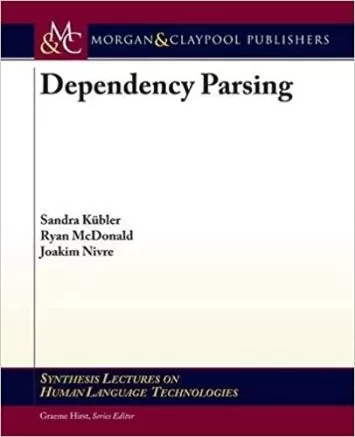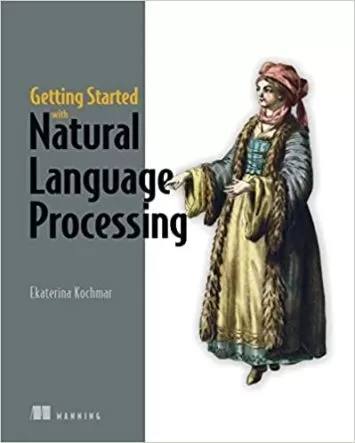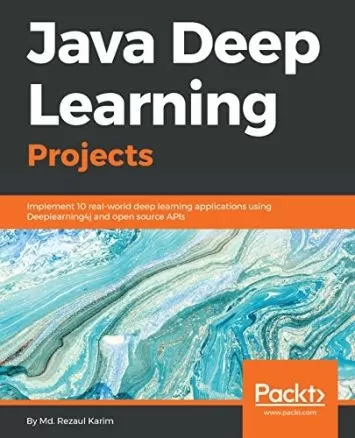About Natural Language ProcessingLearn More
Natural language processing technology (NLP) is a branch of artificial intelligence in which computers analyze, understand and interpret the meaning of human language in an intelligent and practical way. Using NLP, programmers can organize and structure their knowledge to perform tasks such as automatic summarization, translation, named entity recognition, relationship extraction, sentiment analysis, speech recognition, and topic segmentation.
Sort by:
Sorting
The newest
Most visited
Course time
Subtitle
Filtering
Courses
Subtitle

Linkedin Learning


Kumaran Ponnambalam
Applied AI: Building NLP Apps with Hugging Face Transformers 57:27
English subtitles
05/02/2023
Subtitle
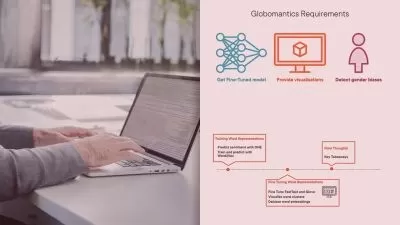
Pluralsight


Axel Sirota
Implement Natural Language Processing for Word Embedding 1:33:45
English subtitles
03/21/2023
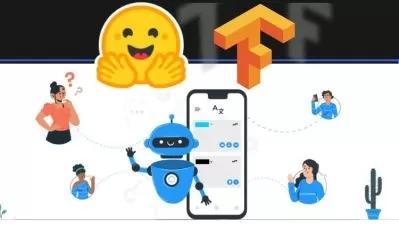
Udemy


Neuralearn Dot AI
Deep Learning: NLP for Sentiment analysis & Translation 2023 20:36:16
03/20/2023

Udemy


Manifold AI Learning ®
Practical Natural Language Processing - Go from Zero to Hero 19:59:48
03/12/2023
Books
Frequently asked questions about Natural Language Processing
Natural Language Processing (NLP) is a computer science field concerned with giving computers the ability to understand written and spoken human language. NLP combines aspects of linguistics, computer science, and artificial intelligence with large datasets of natural language to train computers to process spoken word and text input just as humans would. With NLP, computers are trained to interpret not only words and sentences but also tone and sentiment. That way, they can respond appropriately to a wide range of spoken and written input.
Natural Language Processing enables computers to handle a wide range of everyday tasks quickly, reliably, and at scale. NLP is behind many popular applications people use every day, such as virtual assistants (e.g., Apple's Siri and Amazon's Alexa) and writing aids (e.g., autofill applications, grammar checkers, and translation programs). NLP also enables chatbots for customer service and powers speech-to-text and text-to-speech software for the visually impaired. With NLP, computers can quickly analyze large datasets for both content and sentiment, which provides key insights for marketing, customer service, and a wide range of other applications.
NLP specialists, often called NLP engineers, are computer specialists who work across many different industries to design and develop systems that understand and respond to human language input. Before learning Natural Language Processing, it's helpful to have basic skills in computer sciences, such as coding, and a working knowledge of programming languages like Python. Understanding some machine learning and database management concepts can also provide a solid foundation for learning Natural Language Processing. It can also help to know a little about linguistics – the study of how language works.










